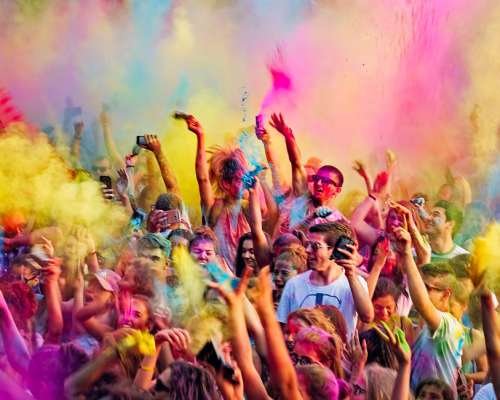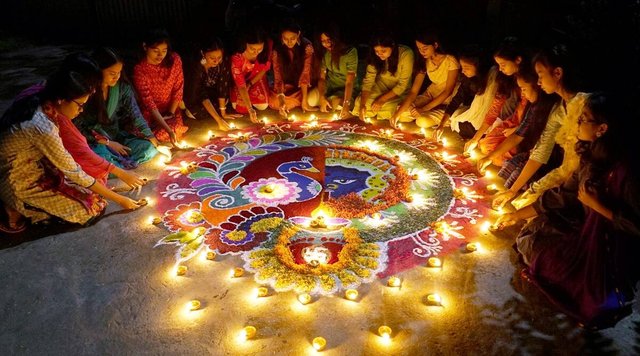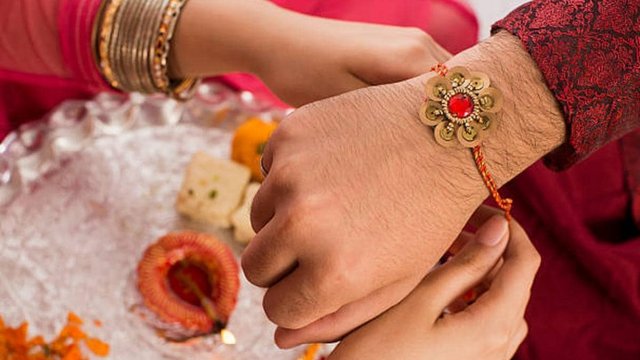Festivals of India - An Overview

ndian festivals speak of India's rich cultural and traditional background. The colorful festivals are an integral part of every Indian. The festivals play an important part in promoting the traditional handicrafts and tourism of India.
Indian festivals speak of India's rich cultural and traditional background. The colorful festivals are an integral part of every Indian. The festivals play an important part in promoting the traditional handicrafts and tourism of India. The rich cultural heritage of India attracts the Western world during the celebration of important festivals like Onam,Guest Posting Holi, Durga Puja and many more. Every region celebrates their festival according to their regional customs and rituals. The commonness in all the celebrations is that it celebrates humanity. Some of the common rituals, which are followed in most of the festivals, are processions in the streets, decoration of homes and sacred places such as temples and traditional and folk song and dance performances. Most religious festivals have elaborate prayers, traditions, customs and rituals attached to them. The elaborate celebration and the multitude of festivals in India, each with their own unique legends and significances often awe the foreigners who come to visit India.

Diwali is considered to be the brightest of the major Hindu festivals and is rightly called the 'festival of lights'. This is the festival when lamps light up homes across India and where friends and family rejoice with visits, feasts and gifts. Though many think that Diwali is a single day festival, it is a festival that continues for five days.
Diwali starts on the 14th day of the dark half of the Hindu month, Asvina. The name Diwali originates from the Sanskrit Deepavali that means 'rows of lights'. Diwali is the function meant to commemorate the return of Lord Rama to Ayodhya, after spending 14 years in exile. The people in Ayodhya had celebrated this return by illuminating the way using small oil lamps, called diyas.
India, the vibrant land of mythological tales, of Gods and Goddesses and a thousand beliefs, has evolved over centuries as a mystic land of festivals. Every occasion you can dream of is celebrated with gaiety, pomp and fevour. These colourful and happy festivals bind the people of the nation across various states and religions in a unique way and provide a spectacle that cannot be be experienced anywhere else in the world.
Diwali is also considered to be the festival to mark the marriage of goddess Lakshmi and god Vishnu. Then there are parts of India where it is celebrated to mark Lord Krishna's victory over the demon Naraka.
During Diwali today, these same diyas are used to light up homes, temples, staircases, parapets, windowsills and even shine from little boats on waterfronts. Along with these diyas, people also light colorful candles and light fireworks to illuminate the night sky.

There is an underlying similarity in many of the festivals as are the stark differences in the styles and forms of celebrations observed by different religions. What is unfailingly common and the joyous reason to celebrate is the various gastronomic and aesthetic delights that mark all such celebrations. Bawarchi.com introduces a special section devoted to the various festivals of India, which is a humble effort to unravel the mythological tales behind many of the popular festivals, unrestricted by any one religion, caste or belief.